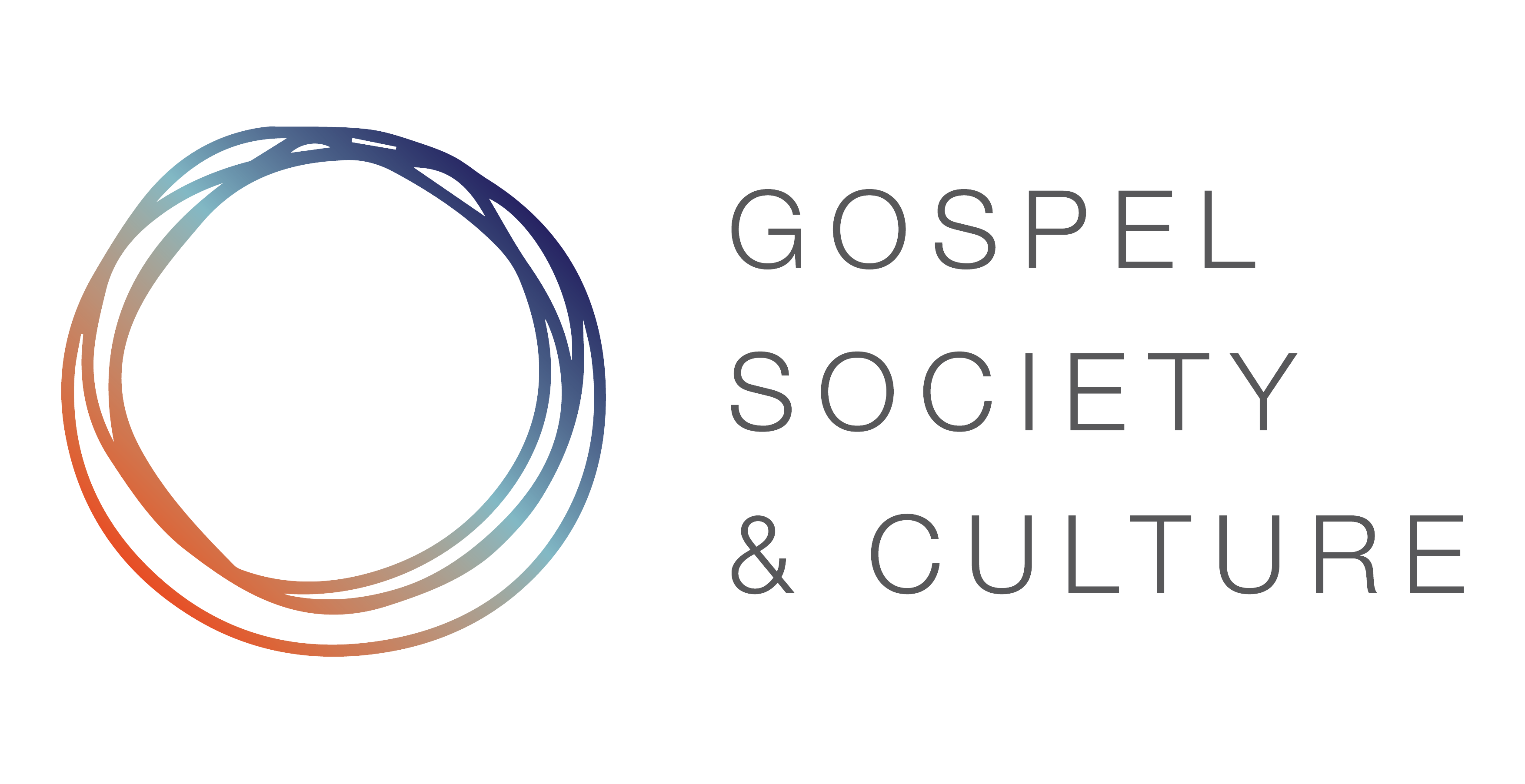Terrorism is the worst form of conflict.

A Jewish synagogue in Melbourne was the subject of a firebombing attack. (Pic: ABC News Aus)
There are all kinds of ways to disagree with someone. Hiding the problem doesn’t help. It only makes the issue fester longer, thus making it worse. The most constructive way to deal with conflict is to be humble enough to recognise that there are many sides to a story, control one’s own anger and tendency to self-justify, and seek to reason things out. If both parties approach a dispute with that kind of restraint, they’re much more likely to come to a mutually beneficial result.
Terrorism is the opposite. It’s worse than open warfare, because open warfare is, well – open! There are declared war zones. Combatants wear uniforms. It’s against the laws of armed conflict to intentionally attack non-combatants and non-military targets such as hospitals.
Terrorism is different from guerilla or special forces covert warfare, like that famously pioneered during WW2 by the British Special Operations Executive (SOE) and the US Office of Strategic Services (OSS). Concealment and surprise are essential tactics of covert warfare. But they’re not used to murder civilians and cause general mayhem to an entire populace. Covert attacks are carried out against military personnel and strategic assets. Terrorism also uses concealment and surprise, but terrorism does not recognise the category of civilian non-combatant. On the contrary, it targets the weakest of the community, specifically to “terrorise” them – to intimidate them, to make them live in constant fear.
Early morning on Friday, December 6, two masked men firebombed Melbourne’s Adass synagogue. Police and security services are treating it as a terrorist attack. An ABC News article, quoted below, rightly points out how this attack causes terror amongst the victims.
Melbourne is home to the highest proportion of Holocaust survivors outside of Israel. An estimated 17,000 Jewish refugees arrived between 1945 and 1951. For many within the community, images of a burning synagogue have stirred painful memories of the atrocities their loved ones witnessed and endured, and have sparked fears of growing anti-Semitism in Australia.
Political leaders and diplomats can debate the relationship between this attack and the conflict between Israel and Gaza, and the best solution to that conflict. This article is about how this heinous act of hatred is, unfortunately, one of the consequences of contemporary postmodern tribal fragmentation.
The logic of (popular-level) postmodernity goes something like this:
1. We no longer believe in ultimate, unifying truth. Everyone sees the world differently. Your truth is yours, mine is mine.
2. So we have no reliable basis to trust or seek to be kind to anyone beyond ourselves. At best, we associate with people who share the same prejudices as us – we clique with our ‘tribe.’
3. The flipside of associating with people who share our prejudices is we have no basis to listen to criticism. Non-belief in true truth removes our capacity to admit we’re wrong. Anyone who criticises us is obviously seeking to impose their values upon us. The right response is not to listen to them but to counter-attack them. At a bare minimum, we need to intimidate or demoralise them into silence. The best result would be to annihilate them.
4. And the best way to intimidate or annihilate anyone is not open warfare, but terrorism! Conduct relentless, multidirectional, covert surprise attacks, not on leaders who will probably be relatively strong and well-protected, but on the entire enemy population, starting with the weakest and least protected, until they’re wiped out.
This popular postmodern argument is, ironically, precisely the opposite of what intellectual postmodernists like Jaques Derrida intended. Intellectual postmodernity was humble, not arrogant. It sought to deflate what it saw as modernity’s arrogant confidence in its ability to build utopia through human effort alone.
But it didn’t go far enough. Both modernity and postmodernity take atheism and anthropocentrism for granted – the dogma that if true truth exists, humans will discover it. Postmodernity recognised that humans cannot discover ultimate truth but therefore concluded that ultimate truth does not exist. It was not creative and humble enough to imagine that the problem was not with universal truth but with us – that we are unable to discover it, and have to rely on him revealing himself to us. Which is of course precisely what he does in Christ according to the Holy Scriptures.
Postmodernity is now outdated. Cultural commentators have noted the emerging philosophy of meta-modernity (see here, here, and here), which seeks to regain modernity’s optimism about the capacity for human progress while also retaining postmodernity’s cautious humility.
That would certainly be an improvement on contemporary conflict culture. But to successfully eliminate episodes like the Adass synagogue attack, we need a philosophy which inculcates socially beneficial attitudes and emotions. We need a view of our common humanity which is intellectually robust and realistically practical enough to make us stop instinctively demonising those we disagree with, and instead create respect for and patience with them.
We need to recognise that all humans are created in God’s image – Gen 1:26-28. When Jesus commanded us to love our neighbour as ourselves, he was basically expanding on Lev 19:18. Leviticus 19 is all about caring for those around us – it’s all about loving our neighbour. We instinctively draw tribal boundaries which limit our neighbourliness. But Christ’s parable of the good Samaritan famously explodes those tribal boundaries by calling us to extend that kind of compassion even to our enemies. And Christian convictions about sin, about our tendency to see the speck on other people’s eyes without realising the telephone pole in our own, should make us humble enough to, without denying a desire for justice, also listen to those we disagree with, and acknowledge how we may also have hurt them.
If terrorism is the worst form of conflict, forgiveness has to be the best. Forgiveness transcends justice without denying it, for in the act of forgiveness, the offended party does what is required to repair the damage done by the perpetrator. In Christ, God forgives us the cosmic offense of rejecting him. As God’s forgiven people, let’s model such forgiveness, especially in this conflicted, miserable, terror-stricken world.
(The Gospel, Society and Culture Committee of the Presbyterian Church of Australia in NSW has a range of papers and articles on multi-faith society and religious freedom. Browse our topics here.)
